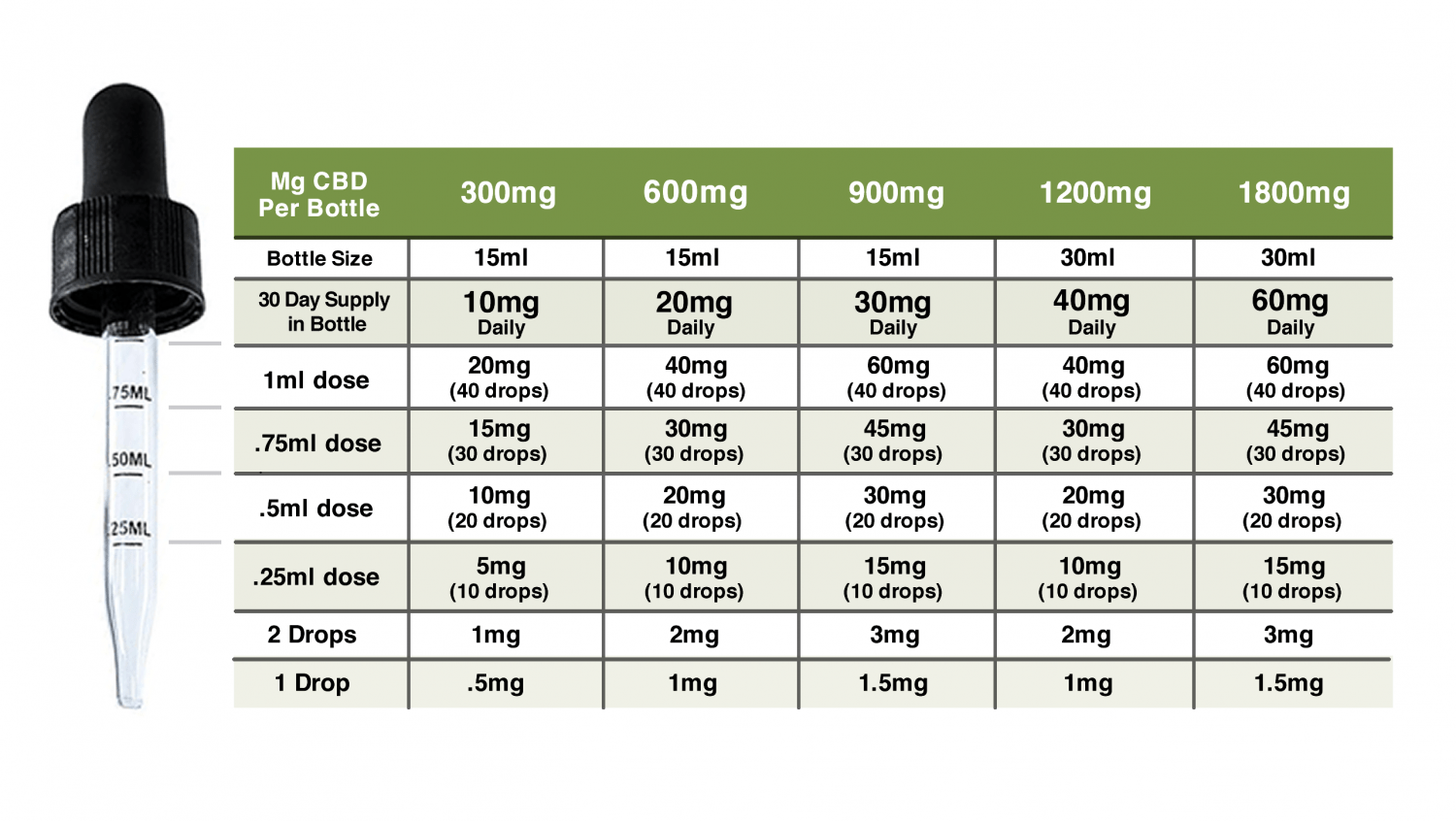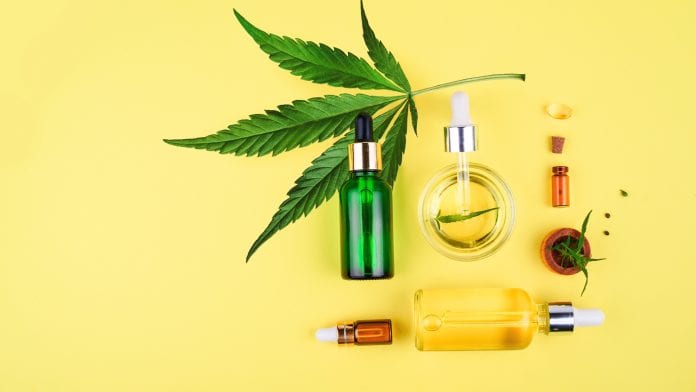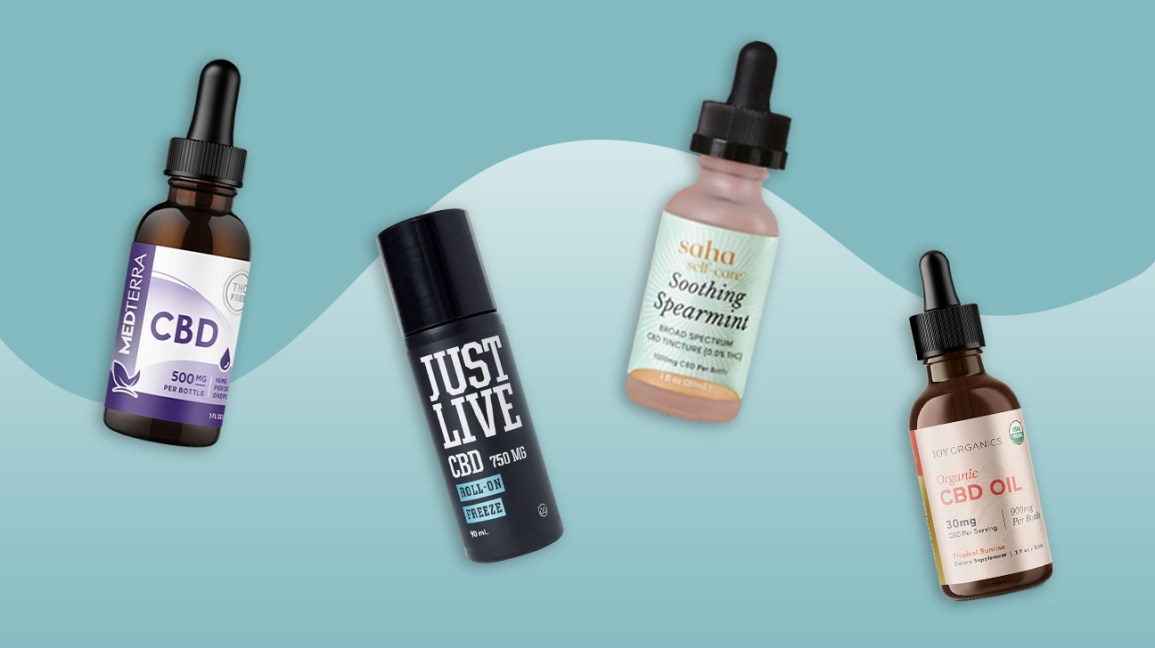
Hemp oil, an extract of the hemp plant, is a form of hemp oil. It is a natural, nutty-flavored oil that is extracted from hemp seeds. Hemp oil's color can range from light green to dark green. The more dark the color, the better the flavor. However, hemp oil should not be confused with hash oil, which contains tetrahydrocannabinol.
Healthy omega fatty acids
Hemp seed oil is high in omega 3 fatty acid. It is also rich in vitamin E and minerals such as sodium, phosphorus, and magnesium. It's high in zinc, iron, and other nutrients. Hemp seeds are also rich in essential fatty acids, which our bodies can't produce.
Hemp seed oil has the easiest form of hemp omega 3. You can use hemp seed oil to make smoothies, add it to bread and pasta, and drizzle it on salads. It contains a 3:1 ratio of omega 3 and omega 6 fatty acids, making it a healthy addition to your diet.
Hemp oil is high in polyunsaturated essential fatty acids which helps lower bad cholesterol. It also contains an ideal ratio of omega-3 to omega-6 fatty acids, which is important for optimal health and helps prevent a wide range of health problems. Hemp oil can also provide healthy omega fatty oils that help reduce inflammation and heart disease.
Hemp oil has a similar omega content to fish oil. Hemp seed oil is a great choice because it contains less saturated fats and more omega-3s. Hemp oil contains high amounts of antioxidants. These antioxidants help reduce the risk of developing free radicals. They also promote youth. Hemp oil is also environmentally friendly and contributes to the regeneration of soils, reducing greenhouse gas emissions.
Additionally, hemp seed oil contains omega-3 essential fatty acids. This helps to lower blood pressure. It also has anti-inflammatory and hydrating properties. People with eczema, atopic or other skin conditions will find hemp seed oil a great option. It strengthens skin cells and helps it resist infections. It reduces wrinkles and increases skin elasticity.
Potent antioxidants
Hemp oil is rich in essential fatty acid, including omega-3 and omega-6. Free radicals are prevented by high levels of unsaturated oils. These compounds are also known to have immunoregulatory, anti-inflammatory, and immunoregulatory properties. They can also reduce oxidative stresses.
Hemp oil can also be beneficial for skin. It has a healthy 3:1 ratio of Omega-3 to Omega-6 fatty oils, which moisturizes skin and reduces inflammation. Linoleic is also in this oil, which improves the skin's quality and reduces the chances of getting acne. It is rich in minerals such as magnesium, iron, zinc and potassium.
A number of studies have evaluated the effect of hemp seed oil in mice on various oxidative markers. In one study, hemp oil was found to have no effect on malondialdehyde levels at concentrations between 12.5-62 uL/mL. Higher amounts (125 mg/mL) of hemp oil led to an increase in malondialdehyde. It is also known that hemp seed oil reduces oxidative stresses at the cellular levels. These findings suggest that hemp seeds oil may be an option for treating diseases caused by the presence or oxygen reactive species.

Research on hemp seed oil has shown that it lowers levels of the endogenous H2O2. In adult Drosophila larvae, hemp seed oil reduced catalase activity. These results show that hemp seeds oil is an antioxidant. Furthermore, hemp seed oil is capable of reversing copper-induced toxicity. Hemp seed oil is a great source of polyunsaturated fat acids.
Triacylglycerol, a fraction of hemp seed oils, contains 0.47 and 1.84 linoleic acids. The remaining constituents of hemp seed oil include sterols.
Antioxidants play an important role in protecting cells against damage from free radicals. They prevent free radicals from damaging cells by binding with them. This prevents the destructive cycle from continuing. In addition, antioxidants can help to strengthen your body's natural antioxidant defenses.
Potentially weight-loss aid
Hemp oil could be an aid in weight loss. Hemp seed oil contains essential fatty acids omega-3, omega-6 in a 3:1 ratio. It also contains b-sitosterols which are thought to improve your heart health. If you are healthy, hemp seed oil can be included in your daily diet to help with weight loss.
CBD has been linked to weight loss by decreasing appetite. Based on animal research, CBD was found to reduce the amount of food that rats ate. This was due to CBD's ability to reduce hunger and total food intake. CBD can be expensive but has other health benefits. CBD consumption doesn't produce enough THC to cause positive drug testing results.
GLA found in hemp seed oil has been shown to improve health. The oil's fatty oils aid the body in the production of hormones. They are absorbed into the bloodstream and play an important role in many body processes. The omega-3 fatty acid found in hemp seed oil may help support your immune system.
Legality in the U.S.
The legality of hemp oil in the United States has been a debated topic in the past. It is legal for some, but it is also safe for others. The answer to that question depends on the state you live in. Hemp is legal in most states. Texas is not so lucky. However, there are some questions about how much Delta-8 is in hemp. It is currently illegal for you to consume more Delta-8 than 0.3% from hemp.
Some states, however, have legalized hemp oil for medical purposes. It can be used for a variety of conditions in Alabama. Minnesota permits you to purchase CBD oil made from hemp. It also has a medical cannabis program. You can also use CBD oil derived from hemp in Missouri. The law states that CBD oil products must contain 0.3 percent or less THC and should be diluted to five percent or less. You must obtain a certificate of registration for hemp extract to be able to use it beyond legal limits.

However, the legality of hemp oil in the United States was once a controversy. In the early 2000s, the DEA (Drug Enforcement Agency) began questioning the legality of hemp oil. The DEA declared THC-containing synthetic THC products illegal. However, the DEA determined that natural THC products containing THC are legal if they come from marijuana. Recently, however, the definitions of marijuana were changed. This is one loophole in the legality to hemp oil.
The regulation of hemp extract in North Carolina is done by the Department of Health and Human Services. It must have less than 0.9% THC and at most five percent CBD. It must not contain any psychoactive substances. However, it is still legal to possess CBD oils made from hemp.
CBD oil may not be legal in certain states. Although CBD oil is considered a form marijuana, it is not psychoactive and doesn't get you "high". While the federal government has yet to legalize hemp products, states have the final say.
FAQ
Is the CBD industry saturated?
The CBD industry is experiencing a growth rate of over 25% annually. This growth is expected not to stop for at least five more years. According to industry projections, it will grow from $2 billion to $5 billion by 2020.
Two companies currently dominate the CBD market - GW Pharmaceuticals & Canndoc Ltd. Both are focused on developing pharmaceutical-grade products. However, they have not been very successful thus far. Both are struggling to get traction on market.
Cannabidiol (CBD), an extract from cannabis, contains less than 0.3% THC. It has no psychoactive effects. It can be used to treat epilepsy, and other medical conditions. It is also used frequently as a dietary addition.
There are many kinds of CBD products. Some CBD products are made from whole plant extracts while others contain CBD.
These products all have one thing in common: they contain low amounts of THC.
They are thus legal under US federal legislation. This doesn't mean you shouldn't follow local laws when selling CBD-related products. It is important to check the regulations in your state for CBD products.
Additionally, CBD products in some states are illegal. These states include California, Colorado and Mississippi, Missouri. New York, North Carolina. Ohio. Oklahoma. Oregon. Rhode Island. South Dakota. Texas. Utah. Virginia. Washington.
CBD products are not recommended for people who live in these states.
How do prices for CBD differ across states?
Prices for CBD products vary widely depending on where you live. Prices can vary up to ten times, in fact.
The prices go up the further you go north. CBD in Alaska costs $35 per gram. In Hawaii, however, it costs about $200 per gram.
This trend continues throughout the country. Prices can range from $5-$2,500 per gram.
Why is it happening?
Variable levels of regulation can explain why prices differ so greatly. Some states require that all CBD products contain very little THC (the psychoactive component of marijuana). Other states don't care what level of THC is present.
Some companies may choose to sell their products first in one state before shipping them to another.
How big is global CBD market size?
Euromonitor International reported that the global CBD market was valued in 2015 at $US3.5 billion. This is an increase of more than 10% compared to 2014.
The report forecasts this figure to reach $US 6.4 billion by 2020, representing an average annual growth rate of 12%.
CBD products will make up around half of all products derived from hemp by 2020.
This includes CBD oils and other CBD products like food, beverages, cosmetics and pet care items.
What are some of the best CBD brands to buy?
These top CBD brands have been hand-picked by us based on their quality, reliability, value, and other criteria.
They provide high-quality CBD oils that have less than 0.2% THC.
We also recommend checking out our list of the best CBD sellers worldwide.
Is CBD a good place to invest?
The demand for hemp-based goods continues to rise as more people realize their benefits. By 2022, the market for hemp-based products will reach $1 billion.
It is also expected that the market will continue to grow at an annual rate exceeding 20% through 2020 when it reaches $2.5 Billion.
Hemp oil is already used in many beauty and health care products such as lotions, shampoos, lip balms, moisturizers, body butter, and skin creams.
There are many CBD-infused food items, such as snacks, dog treats and pet foods, that can be produced by companies.
CBD is currently legal across all 50 states. But, this may change in the near future. CBD is legal in all 50 states, but more research will be conducted to determine its potential uses. Businesses will have an easier time operating legally.
With all these factors in mind it is clear that CBD investing can prove to be a lucrative venture.
Where can I buy CBD products?
CBD can be purchased online and at local retailers. You will find better deals at online retailers. Many websites sell CBD products containing industrial hemp.
If you prefer shopping locally, consider brick-and mortar businesses that are focused on CBD products.
Many states now allow CBD products to sold without a prescription. CBD products might be available for purchase at your local pharmacies if you're a resident in one of these states.
You may even be able to get CBD products delivered directly to your door.
Statistics
- HR −16 mmHg; 95% CI −26, −6; I2 = 92%) (ncbi.nlm.nih.gov)
- OralWhere HED is the human equivalent dose, and Km is a correction factor estimated by dividing the average body mass (BM) of the species (60, 0.020, and 0.150 kg for 11 humans, mice, and rats, respectively) and by its surface area (see: Nair et al. (ncbi.nlm.nih.gov)
- The use of these products is likely to become even more widespread if the World Health Organization's recommendation that CBD no longer is scheduled in the international drug control conventions is adopted by the United Nations member states [201]. (ncbi.nlm.nih.gov)
- A recent study [161] also found that in vitro CBD treatment (i.e., ≤ 2 h exposure to 10 μM) induced ~40% vasorelaxation in isolated (pre-constricted) (ncbi.nlm.nih.gov)
- While the primary injury may not be treatable, interventions that attenuate secondary sequelae are likely to be of benefit [203].Only one study (ncbi.nlm.nih.gov)
External Links
How To
What are the issues that the CBD industry faces?
The current market for CBD-based products is expanding at a phenomenal rate. But, businesses who want to enter this market still face numerous challenges. These include a lack consumer awareness, high-cost entry, limited access capital and regulatory uncertainty.
Many people are not aware of what CBD is, or how it functions. This means that they cannot make informed decisions about whether or not to buy CBD products.
Many CBD companies depend heavily on word of mouth marketing. This is costly, as it requires advertising and the hiring of staff to promote their brand.
Another issue facing new entrants into the CBD industry is the high cost of production. CBD products can be very costly because of the cost of the raw materials. To make CBD oil, hemp must be grown in certain climates and soil types.
To grow enough hemp for CBD oil production, it costs approximately $1,000 per acre. As a result, many small farmers cannot afford to start.
A lack of capital access is another problem that CBD market newcomers face. Banks are often discouraged from helping people start businesses because of the stigma that surrounds the industry.
Last but not least, there is regulatory uncertainty regarding the sale and distribution of CBD products. There are no guidelines for how CBD products should market.
Although states have passed laws restricting CBD products sales, these policies are not yet national.
Only two states, Nevada and Maine, have yet to legalize recreational marijuana.
Massachusetts and Michigan are however considering similar measures.
These changes could mean that CBD manufacturers will be more competitive.
These factors are why many entrepreneurs prefer to work from home than open a physical store.